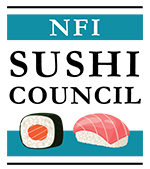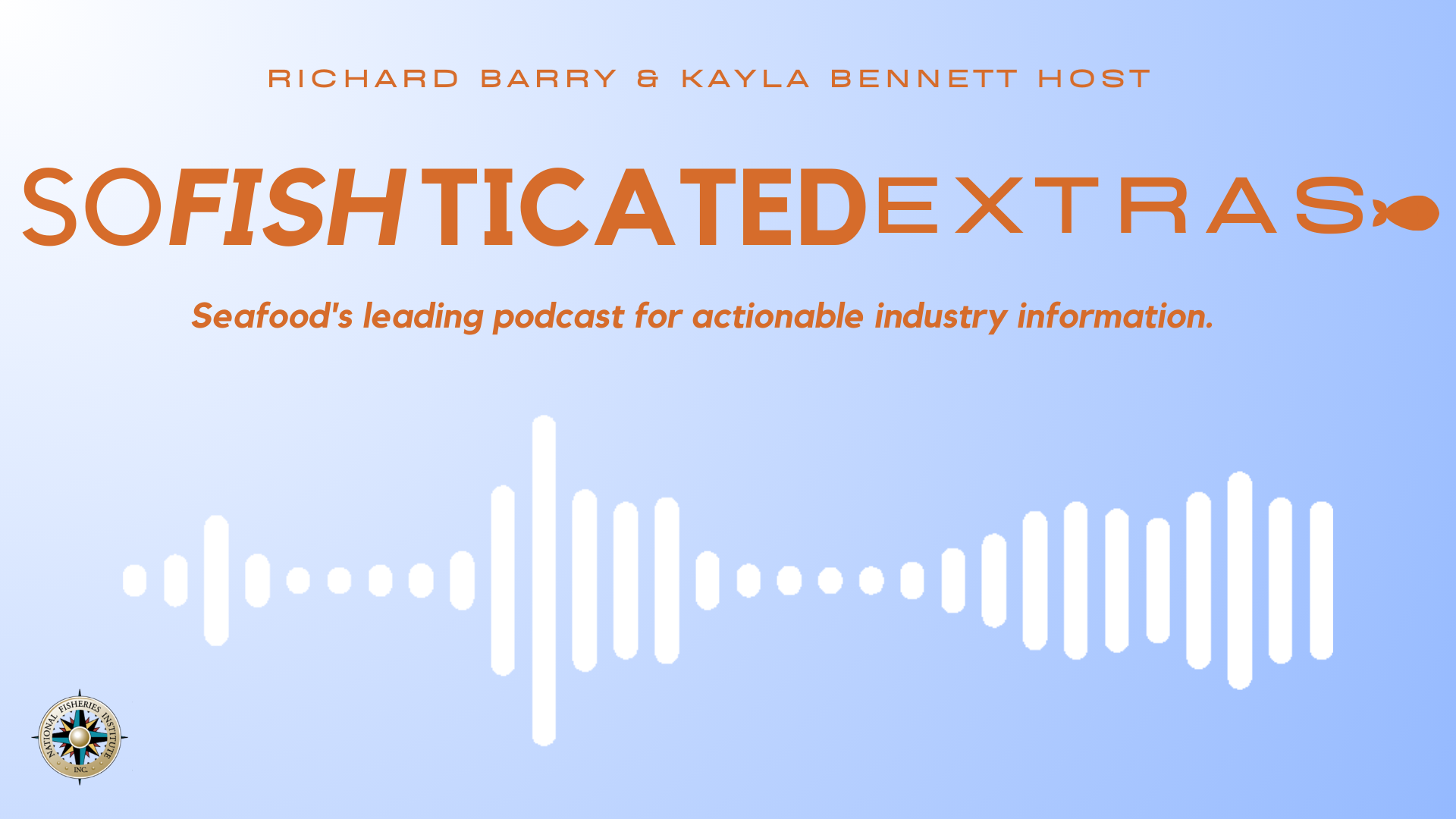Open Letter from Registered Dietitians
A recent MSN Lifestyle article provided by Eat This, Not That lists the “20 Unhealthiest Proteins on the Planet,” and, in the process, makes several of the “Most Untrue Nutrition Claims on the Planet.” As registered dietitians, we were disappointed to find that this article discourages readers from eating whole, nutritious foods such as seafood, peanuts and turkey—foods that we, along with other fellow nutritionists, would recommend that clients include as part of a healthy diet. We find that lists like this one cause consumers to be even more confused about what is truly healthy and what is not, and we would like to set straight some of this list’s most outrageous clickbait claims.
1) Truth: Farmed salmon gets its color from carotenoids.
The orange color of salmon comes from carotenoids, the same pigments that make carrots orange. All salmon need carotenoids in their diet to thrive. (Just like people need carotenoids in their diets to thrive.) Wild salmon get carotenoids from eating crustaceans and farmed salmon get carotenoids from their feed.
2) Truth: Farmed salmon and tilapia contain a variety of healthful fats, including omega-3s and omega-6s.
The healthfulness of tilapia has specifically been substantiated by medical professionals. “Recently, some reports said low-fat fish like tilapia are unhealthy. As a researcher, I can tell you eating fish can save your life,” states omega-3 expert William Harris, PhD. He goes on to say “most health experts (including organizations such as the American Heart Association and the Academy of Nutrition and Dietetics) agree that omega-6 fatty acids are, like omega-3s, heart-healthy nutrients which should be a part of everyone’s diet.”
3) Truth: Farmed salmon and tilapia are not only safe, but healthful.
The scientific report of the 2015 Dietary Guidelines Advisory Committee thoroughly explored the health and safety of wild-caught and farm-raised fish. The committee, comprised of 14 highly credentialed doctors and registered dietitians, concluded that, “based on risk/benefit comparisons, either farmed or wild-caught seafood are appropriate choices to consume to meet current Dietary Guidelines for Americans for increased seafood consumption.” This is because “for the majority of commercial wild and farmed species, neither the risks of mercury nor organic pollutants outweigh the health benefits of seafood consumption, such as decreased cardiovascular disease risk and improved infant neurodevelopment.”
4) Truth: Canned albacore tuna has safe levels of mercury.
The U.S. Food and Drug Administration has a safety level of 1 part per million mercury in fish. Canned albacore tuna contains 0.3 parts per million mercury, three times lower than the level of concern.
5) Truth: Canned tuna of all kinds is OK to eat regularly.
The Report of the 2010 Dietary Guidelines Advisory Committee addressed mercury in albacore tuna head on and concluded “albacore tuna, produced only from wild marine fisheries, is a special case of a popular fish highlighted by the 2004 FDA and EPA advisory. For all levels of intake including more than double the 12 ounces per week recommendation, all evidence was in favor of net benefits for infant development and CHD risk reduction.”
6) Truth: Antibiotic use in farmed fish is closely regulated.
As explained by the Universities of Oregon State, Cornell, Delaware, Rhode Island, Florida, and California, and the Community Seafood Initiative, “Antibiotics are used for farm-raised finfish for the same reasons that they might be used for beef. These are issues related to infection or illness of the fish. Just like meat or poultry, producers of farm-raised fish must stop administering antibiotics 30-180 days, depending on the antibiotic, prior to sale. This is to assure the antibiotics have been completely expelled by the fish or are far below the level that the FDA have determined to be safe for human consumption.”
7) Truth: Tuna cans are safe.
BPA is not used by design in the interior lining of tuna cans.
We urge consumers to look for the credentials RD (registered dietitian) or RDN (registered dietitian-nutritionist) behind the names of those giving nutrition advice.
Signed,
Jennifer McGuire, MS, RD
National Fisheries Institute
Rima Kleiner, MS, RD
National Fisheries Institute
Laura M. Ali, MS, RDN, LDN
StarKist Co.
Debe Nagy-Nero, MS, RDN
Red Lobster Seafood Co.
Pat Baird, MA, RDN, FAND




